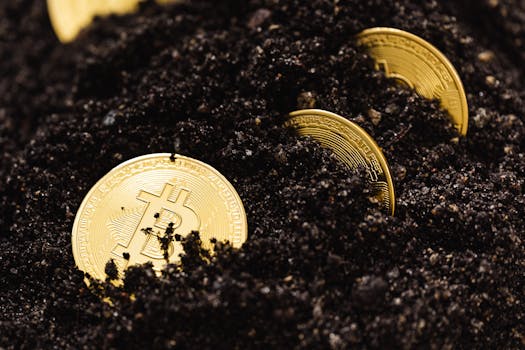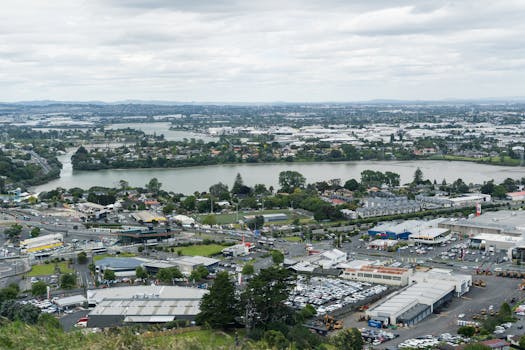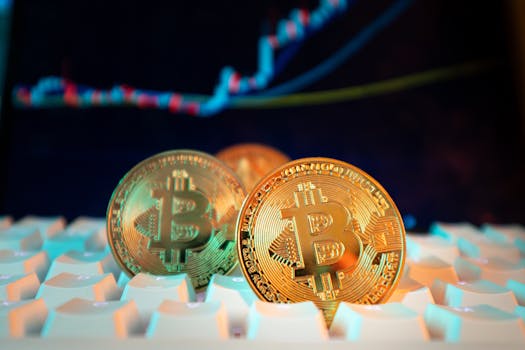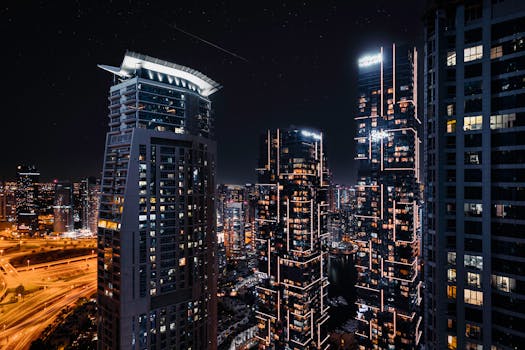
Technological Innovations Shaping 2025: A New Era of Possibilities
Technological innovations are transforming the world at an unprecedented pace, and 2025 is expected to be a year of significant advancements. From artificial intelligence and machine learning to the Internet of Things (IoT) and cybersecurity, these innovations are poised to revolutionize various industries and aspects of our lives. In this article, we will delve into the key technological innovations shaping 2025 and their potential impact on the future.
Section 1: Artificial Intelligence and Machine Learning

Artificial intelligence (AI) and machine learning (ML) are among the most significant technological innovations of our time. In 2025, we can expect to see even more sophisticated AI and ML applications, such as natural language processing, computer vision, and predictive analytics. These technologies will continue to transform industries like healthcare, finance, and customer service, enabling businesses to make data-driven decisions and improve customer experiences.
Impact on WordPress

WordPress, being one of the most popular content management systems, will also be influenced by AI and ML advancements. We can expect to see more intelligent and automated content creation, personalized user experiences, and enhanced security features. Additionally, AI-powered plugins and tools will become more prevalent, helping WordPress users to optimize their websites and improve performance.
Section 2: The Internet of Things (IoT)

The IoT refers to the network of physical devices, vehicles, home appliances, and other items embedded with sensors, software, and connectivity, allowing them to collect and exchange data. In 2025, the IoT will continue to expand, with more devices becoming connected and interchangeable. This will lead to increased efficiency, productivity, and innovation in various industries, such as manufacturing, logistics, and smart cities.
Smart Homes and Cities

The IoT will also have a significant impact on smart homes and cities. With the help of connected devices, citizens will enjoy improved public services, enhanced safety, and reduced energy consumption. Furthermore, smart homes will become more prevalent, offering residents greater convenience, comfort, and control over their living spaces.
Section 3: Cybersecurity and Data Protection

As technology advances, cybersecurity threats are becoming increasingly sophisticated. In 2025, businesses and individuals will need to prioritize data protection and cybersecurity measures to safeguard against hacking, phishing, and other types of cyberattacks. This will involve implementing robust security protocols, encrypting data, and educating users about online safety best practices.
WordPress Security

WordPress users will also need to be vigilant about security, as the platform’s popularity makes it a prime target for hackers. Regular updates, strong passwords, and reliable security plugins will be essential for protecting WordPress websites from potential threats. Additionally, users should be aware of the latest security trends and best practices to ensure the integrity of their online presence.
Section 4: Other Technological Innovations
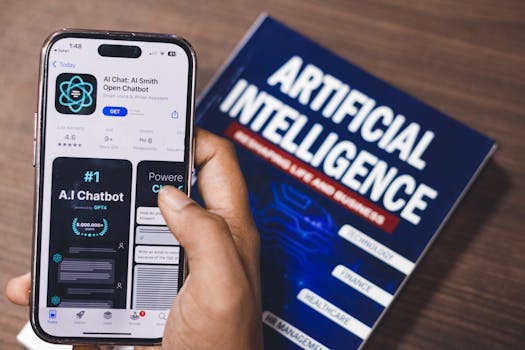
Besides AI, IoT, and cybersecurity, there are several other technological innovations that will shape 2025. These include blockchain, 5G networks, and extended reality (XR). Blockchain will continue to transform industries like finance and supply chain management, while 5G networks will enable faster data transfer rates and lower latency. XR, which includes virtual reality (VR), augmented reality (AR), and mixed reality (MR), will revolutionize entertainment, education, and healthcare.
Impact on Society
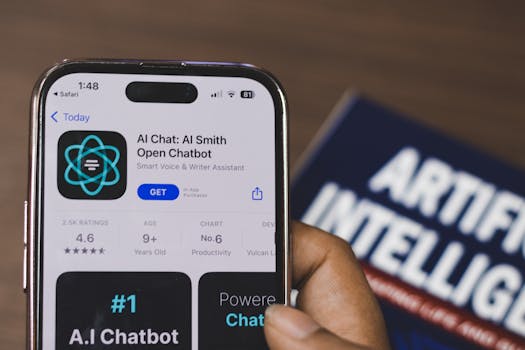
These technological innovations will have a profound impact on society, transforming the way we live, work, and interact with each other. They will create new job opportunities, improve productivity, and enhance our overall quality of life. However, they also raise important questions about ethics, privacy, and the potential risks associated with these technologies.
